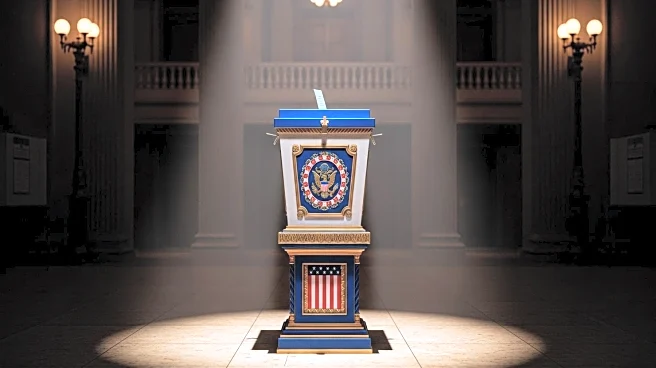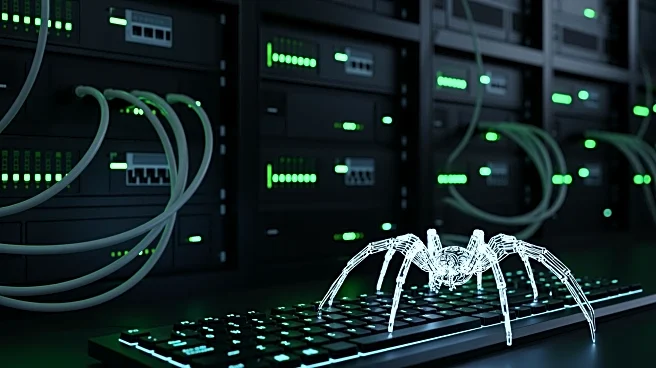What is the story about?
What's Happening?
D.C. voters are preparing for significant elections set to take place on November 3, 2026. These elections will determine key positions in city governance, including the Delegate to the House of Representatives, D.C. mayor, D.C. Council chairman, at-large council member, council members for Wards 1, 3, 5, and 6, and the D.C. attorney general. The primary election is scheduled for June 16, 2026, which will be crucial in deciding the candidates who will shape policies affecting public safety, education, housing, and government operations. Despite the presence of a Republican-controlled Congress and a federal hierarchy, local government must undertake the initial steps of determining the city budget and funding levels for services and programs impacting residents.
Why It's Important?
The upcoming elections are pivotal for D.C. as they will influence the city's governance and policy direction. With a Republican-controlled Congress questioning the capacity of D.C. residents to govern themselves, these elections represent an opportunity for local leaders to assert their autonomy and address community needs. The elected officials will play a crucial role in setting agendas that reflect the best interests of D.C. residents, impacting public safety, education, and housing policies. The outcome will determine whether current leaders, such as Mayor Muriel E. Bowser and Council Chairman Phil Mendelson, continue their roles or if new leadership will emerge.
What's Next?
As the election date approaches, D.C. voters must evaluate the effectiveness of current public officials and consider potential changes in leadership. The primary election in June 2026 will be a decisive moment for selecting candidates who will represent the community's interests. Voters will need to navigate the political landscape influenced by federal oversight while focusing on local governance priorities. The decisions made in these elections will shape the future of D.C.'s self-governance and its ability to address pressing issues.
Beyond the Headlines
The elections highlight the ongoing struggle for D.C. home rule and the balance between local autonomy and federal oversight. The political dynamics in D.C. reflect broader themes of governance and representation, with implications for how cities across the U.S. manage their affairs amidst federal influence. The outcome could set precedents for other municipalities seeking greater self-governance.















